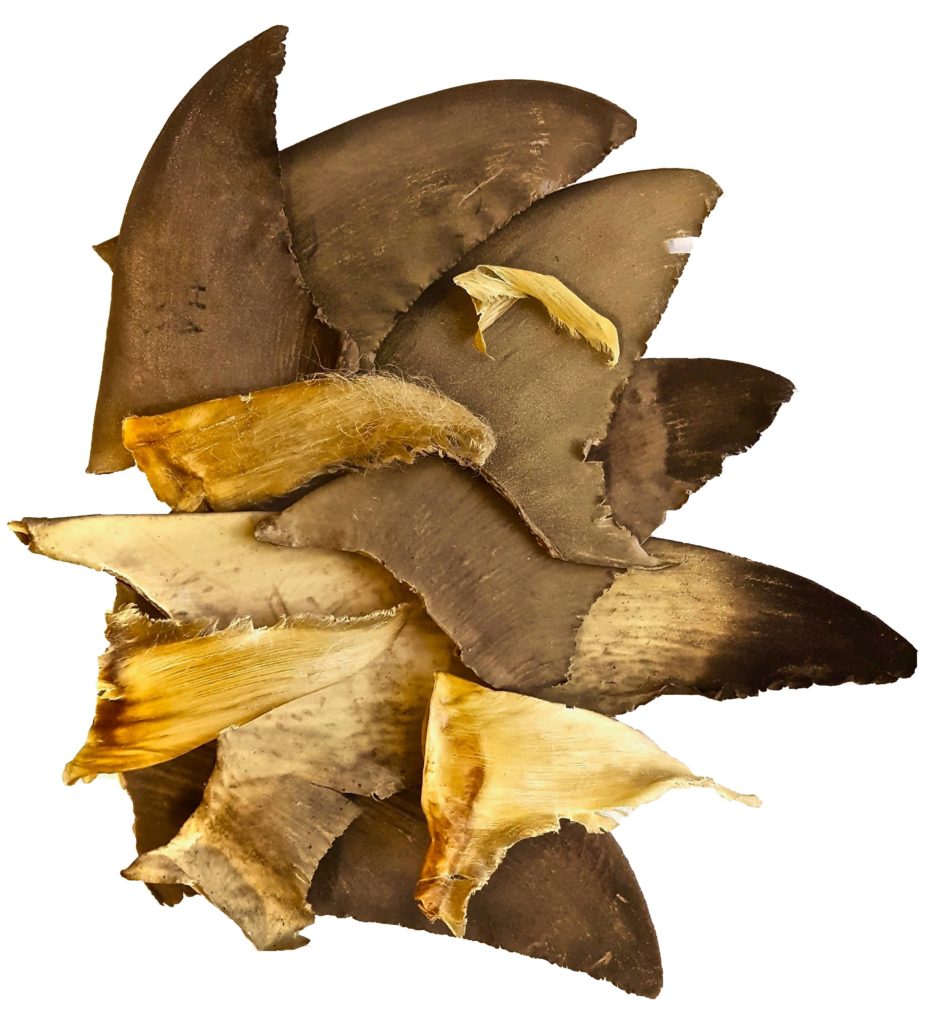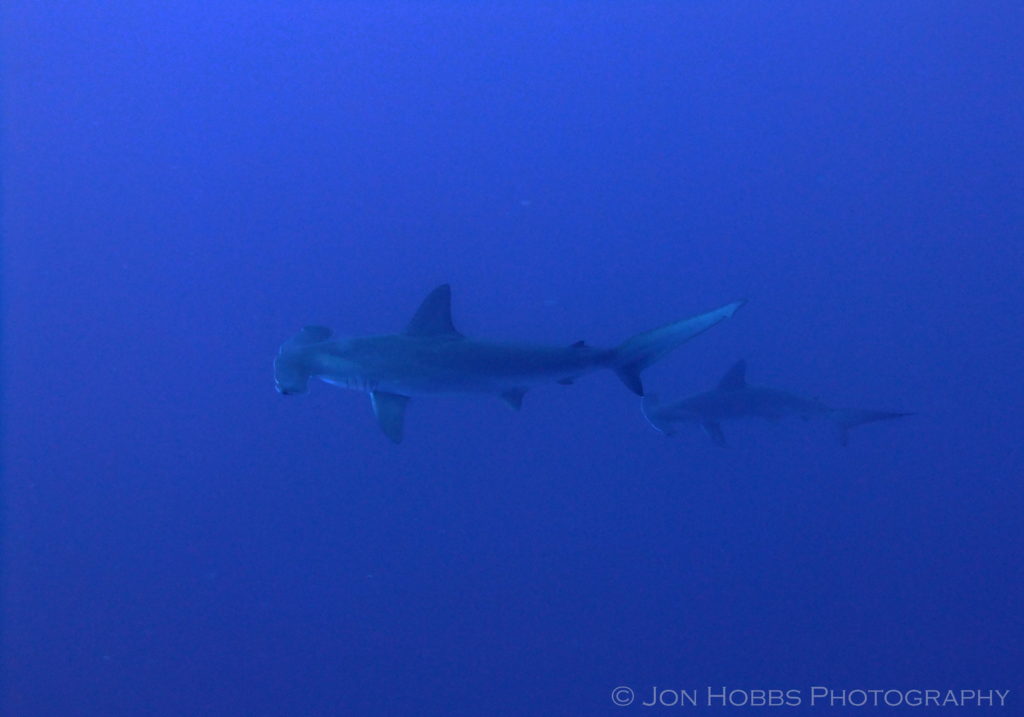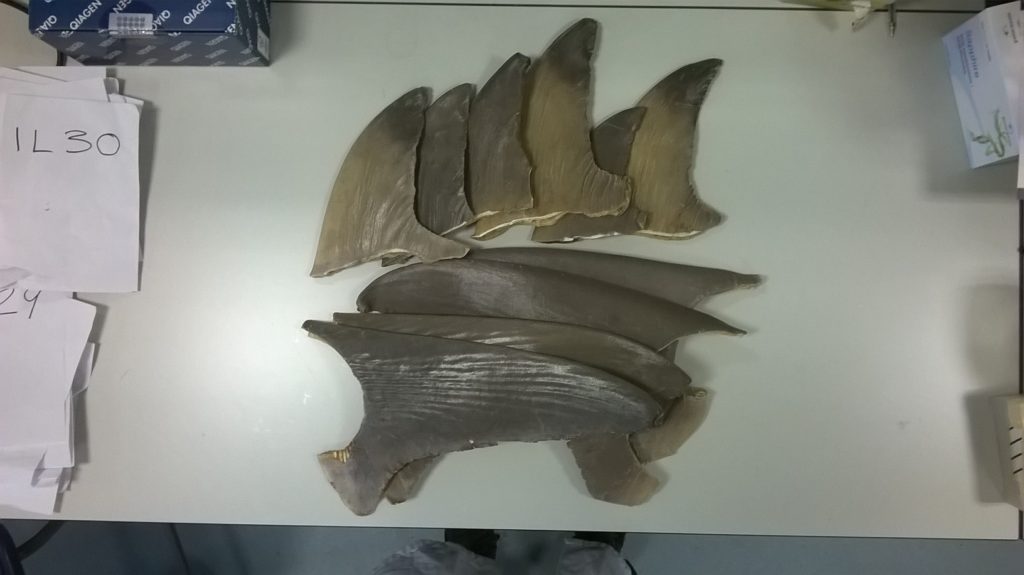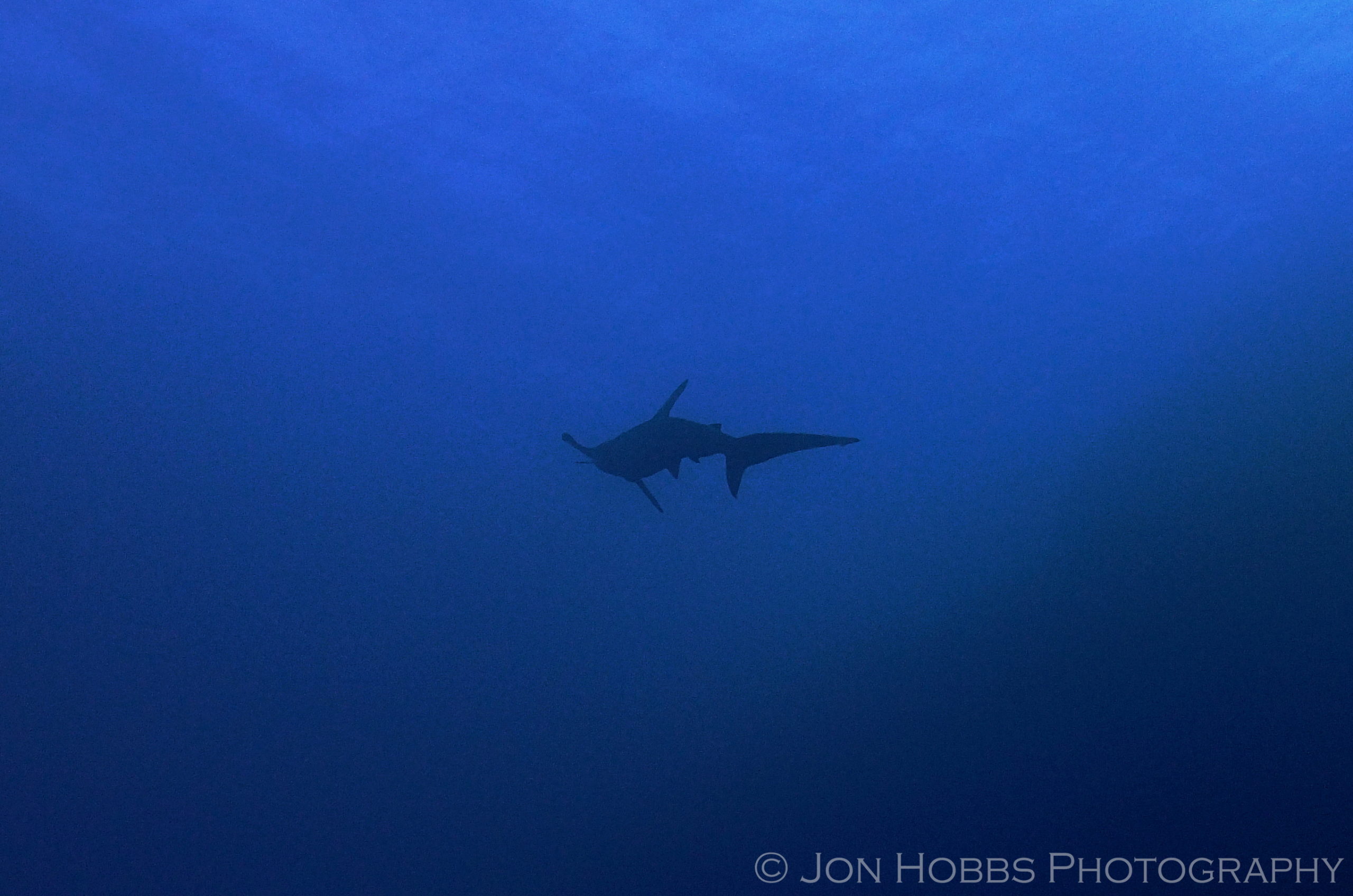Written by Catherine Hobbs
Many shark populations are at risk, primarily due to overexploitation. In response, conservation measures have been applied in an attempt to halt the decline of endangered species. A team of researchers led by Dr Andrew Griffiths at the University of Exeter sought to investigate the sale of shark products in fishmongers, fish and chip takeaways and Asian food wholesalers in England. Through DNA barcoding (a method using specific DNA sequences to identify species) they uncovered patterns of shark species found in the products and highlighted the diverse range of vulnerable sharks on sale to the general public.

For the first time in Europe, mini-barcodes were also used to identify species from dried shark fins obtained from a UK wholesaler intending to supply Asian restaurants and supermarkets. Analysis revealed a range of threatened species, including the endangered and ‘Convention on International Trade in Endangered Species of Wild Fauna and Flora’ (CITES) listed scalloped hammerhead shark. A listing in CITES works by subjecting international trade of certain species to a rigorous licencing system and requires an assessment by the exporting country that the trade will not be detrimental to wild populations. The addition of scalloped hammerheads to Appendix II of CITES in 2014 provided conservationists with the hope that populations might bounce back. The findings in this study, however, indicate the need for larger-scale investigations to properly identify patterns of shark fin sales.
Dr Griffiths said, “the discovery of endangered hammerhead sharks is significant as it highlights how widespread the sale of declining species really is – even reaching Europe and the UK”. He goes on to say, “the result of the study is consistent with extensive separate investigations focusing on Asia, which commonly identified scalloped hammerhead in fin processing”. Additional fins sourced from a large seizure in the UK by the UK Border Force were also analysed. These fins originated from Mozambique and were on their way to Asia, emphasising the role the UK already plays in policing this damaging global trade.

Examination of the products from fishmongers and takeaways revealed that the majority of samples were identified as Spiny Dogfish, a small demersal shark that is endangered in Europe. However, it is important to note that the samples may have been imported from more sustainable stocks elsewhere, rather than from prohibited landings in the EU. Of great significance was the universal use of ambiguous ‘umbrella’ sales terms, where many species are labelled with the same name. Here it is clear that not only the presence of labels is important, but that specificity is key. Indeed, full compliance with EU legislations on the labelling of seafood was not observed and, without such labels, endangered species are at potentially increased risk of unsustainable exploitation.
First author, Catherine Hobbs said “this withholds vital information from consumers as they are subjected to buying endangered species when they perhaps thought the product was sustainably sourced”. She went on to say “it may be of particular relevance regarding potential allergies as well as pollutant content. Contaminants found in some sharks such as mercury, for example, could pose severe consequences to human health”.

Knowledge of shark species consumption in the UK, especially those of prohibited species and those of high conservation concern, enhances our ability to address the decline in shark populations. These findings indicate the need for more informative and accurate seafood labelling, not only empowering consumers to make informed decisions as to eating preferences, but also helping to reduce fraud. This could therefore aid in the conservation of threatened species. The study also highlights the existence of imported fins from highly threatened sharks and the UK must therefore be held accountable for its contribution to global shark decline.
The paper has been published in the journal Scientific Reports;
#ExeterMarine is an interdisciplinary group of marine related researchers with capabilities across the scientific, medical, engineering, humanities and social science fields.
Find us on: Facebook : Twitter : Instagram : LinkedIn
If you are interested in working with our researchers or students, contact Michael Hanley or visit our website!

